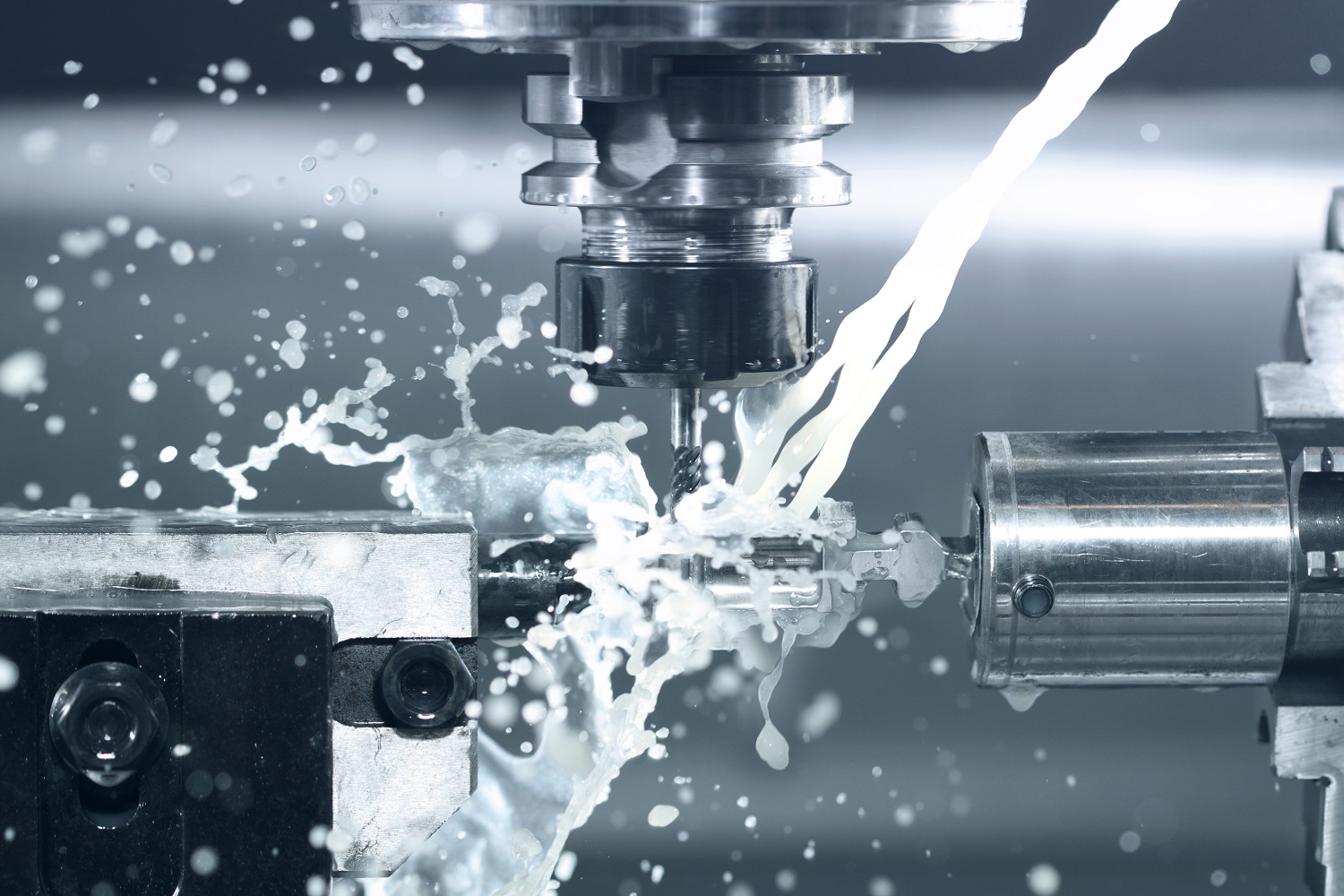Degreasers are some of the most commonly used industrial cleaners in the world. Until machines stop needing grease for lubrication and other purposes, the supply and demand for industrial strength degreasers will remain high. But that doesn’t mean you’re locked into using one of the two basic degreaser formulations: water based or solvent based.
If You Have the Option to Choose…
Many organizations use water based degreasers or solvent based degreasers because that’s what the degreasing application calls for. However, some organizations use solvent based cleaners for practically everything, simply because they use them for most things. If you’re in this position, using water based degreasers for jobs for which they would be a good fit — and provide proper efficacy — could have some important advantages, four of which we list below.
- Better Compliance With Regulations
There’s one similarity among degreasers whose ingredients the Environmental Protection Agency (EPA) regulates: The ingredients are solvent-based. Water based degreasers have an inherent advantage in the environmental safety department: Chemically, water has an ultra-high safety profile.
- Simplification of Degreaser Storage
Too many solvent degreasers to name have a flashpoint. Sometimes, the flashpoint is high; and sometimes, it’s low. But it typically registers at a specific temperature during testing. Water, as we know, is used to extinguish fires — a characteristic that generally makes water based degreasers safe to store in terms of fire hazard.
- Can Help Reduce Operating Costs
Lots of solvent based degreasers contain chemicals that have a high evaporation rate and shouldn’t be inhaled. Also, some solvents cause skin irritation on contact. When these variables are in place (They have less of a tendency to be present with water based degreasers), the need to operate an air filtration system that snags airborne contaminants, and the need to provide high-level personal protective equipment (PPE), can increase operating cost.
- Can Help Reduce Degreaser Disposal Costs
Spent water based degreaser may still go in the waste trap, but removing it from the trap could be less expensive than removing a solvent based degreaser. The more precautions and processes a waste removal provider must take to safely handle chemicals, the higher the waste disposal bill.
If you have an area where degreasing operations are performed, and the spent cleaner that hits the waste trap is solvent based, you could potentially reduce waste disposal cost by using a water based degreaser instead.
Interested in Water Based Degreasers?
Compared to implementing a solvent based degreaser, using a water based product can deliver four benefits, among others: better compliance with official chemical regulations, simplification of degreaser storage, reduced chemical mitigation costs, and reduced operating costs.
To find out if eco friendly water based degreasers are a good option for your degreasing applications, call us today at (800) 563-1305, or send us an email through our contact form. For over 25 years, we’ve provided stock and custom cleaners that have amazing efficacy. We look forward to hearing from you and seeing how we can help with degreasing!















